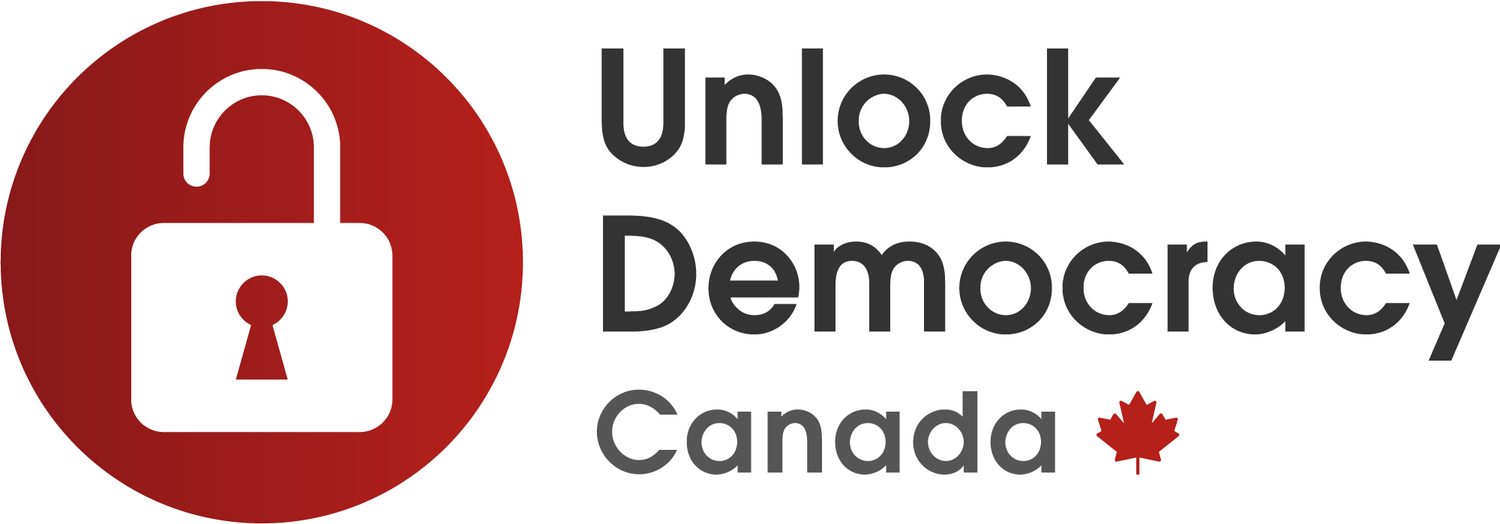Britain is heading to the polls, but they do things a little different than us
The United Kingdom goes to the polls on May 7, but with 7 parties vying for seats in Westminster, many observers are saying that this general election will be like no other the UK has seen.
Like Canada, the United Kingdom uses the antiquated first-past-the-post system to elect its MPs. Unlike proportional voting systems, a candidate only needs a simply plurality of votes to win the riding. As we know in this country, first-past-the-post can create results which are not reflective of the national electorate.
However, one major difference between this British election and Canadian ones are the election debates. While it is unclear how many party leaders will be participating in the Canadian election debate this year, the UK decided to have their debate with 7 party leaders this time. With only one seat, the Green Party leader participated, and the leaders of the Scottish and Welsh nationalists parties also took part. What's more, the Scottish Nationalist Party (SNP) leader, widely lauded as winning the debate, participated even though she isn't seeking a seat in the British Parliament. In Canada, it is up to a consortium of television networks that decide which party leaders participate in the debates.
While the debate represents the choice Britons will make heading to the polls next month, the election itself is likely to produce some random, unrepresentative results. The UK Independence Party (UKIP), polling at about 14% nationally, and the Green Party, polling at about 7%, may struggle to win one seat. On the other hand, the SNP, polling at about 4% nationally, may come close to sweeping all of Scotland's 59 seats. This is because the first-past-the-post system favours parties which have strong regional support rather than those parties whose support is evenly spread out across the country.
There are already renewed calls in the UK to re-examine proportional systems of voting systems in an era of multi-party democracy. Perhaps the results of both this election and the upcoming Canadian will spur governments on both sides of the Atlantic to question whether our voting system is serving the democratic needs and aspirations of diverse populations.
